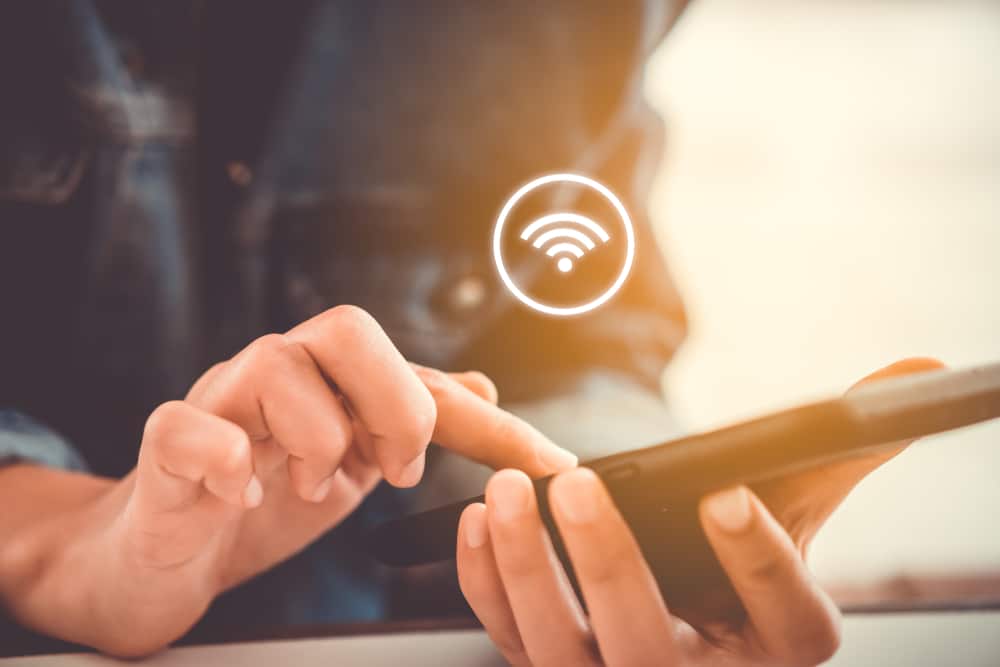In the digital age, it has become a necessity for many people to stay connected on the go. Whether you’re a professional or an avid traveler, the ability to access the internet from your home or office seems essential. While public Wi-Fi is widely available and offers a convenient solution, it also raises concerns about data security. This article explores whether you should trust public Wi-Fi when traveling.
The risks involved
Unfortunately, using public Wi-Fi networks can pose a security risk, as they are often not properly encrypted and can be easily abused by cybercriminals. Hackers can intercept your data, monitor your activity, and even redirect you to fake websites to steal sensitive information. In more serious cases, this can lead to identity theft or financial losses.
A popular example: online casinos
The rise of the online gambling and betting industry has created a whole new level of concern for those accessing the internet through public networks. Online casinos and sports betting sites often require personal and financial information to be entered, making them a prime target for cybercriminals.
A well-known example of good security is LeoVegas, an online gambling site that has become synonymous with safe gaming. It provides a valuable example of how such websites protect their users from potential threats on public Wi-Fi networks.
In comparison, using a secure platform over a secure home network is far less risky than accessing similar websites over a public Wi-Fi. Many platforms place a high priority on user security, employing industry-standard encryption methods and strict privacy measures. In contrast, most public Wi-Fi networks are not adequately protected, which increases the likelihood of sensitive information being intercepted by hackers.
Statistics don’t lie: Be careful when connecting
According to Statista, 17.7 million people in Germany were victims of some form of cybercrime in 2021. This alarming statistic proves the dangers posed by connecting to public Wi-Fi networks. In addition, research conducted by the AARP (American Association of Retired Persons) found that more than 70% of Wi-Fi users in the United States do not use a VPN (Virtual Private Network) when accessing public networks, leaving their data vulnerable to cyber threats.
Protect Yourself: Safer Alternatives and Precautions
Understanding the risks associated with public Wi-Fi can help you make informed decisions about how and when to use these networks. Here are some precautions you can take to protect your data:
- Use a VPN: A VPN encrypts your data so that it becomes unreadable to hackers and helps protect your sensitive information from cyberattacks over Wi-Fi networks.
- Enable HTTPS: Make sure the websites you visit are encrypted, which adds an extra layer of security. Look for the lock icon in the address bar and make sure the web address starts with “https://”.
- Be selective: Avoid using public Wi-Fi for certain tasks (such as online banking or shopping) that require entering personal or financial information.
- Turn off sharing: Turn off file sharing options on your devices to prevent unauthorized access.
- Keep your software up to date: Regularly update your device’s operating system, antivirus software, and applications to increase security.
In summary, while the convenience of public Wi-Fi is undeniable, the potential risks should not be underestimated. It’s important to be careful when connecting to these networks and take all the necessary precautions to protect your data from potential cyber threats . Always prioritize your online security and choose your connections wisely.


